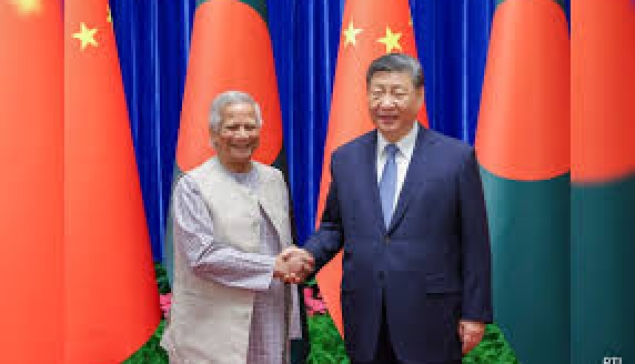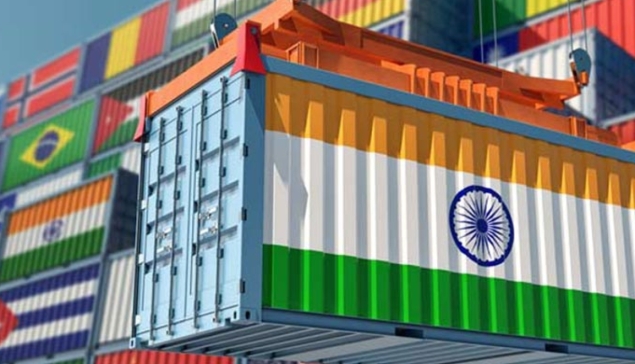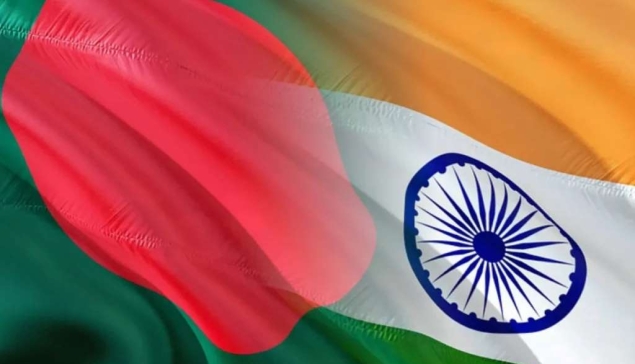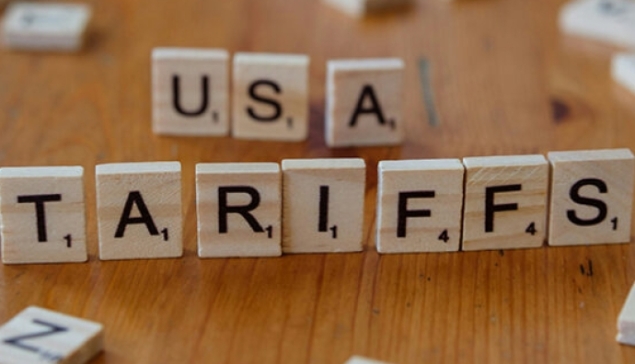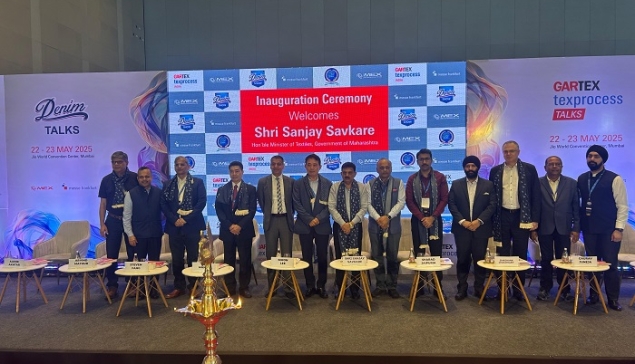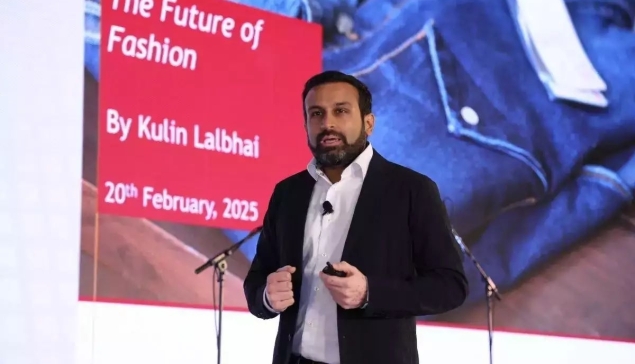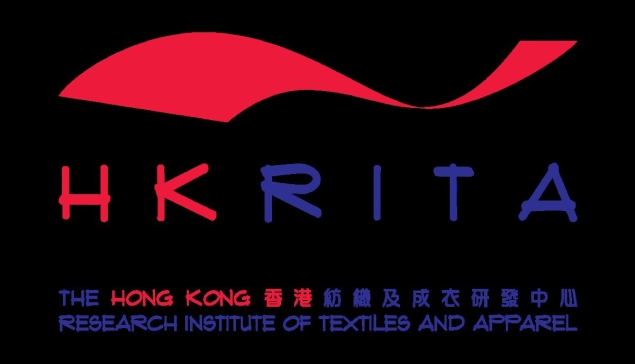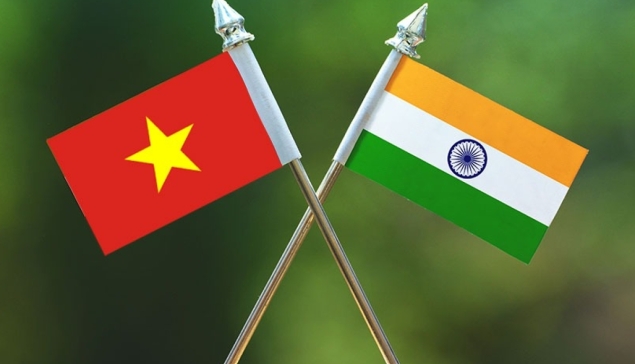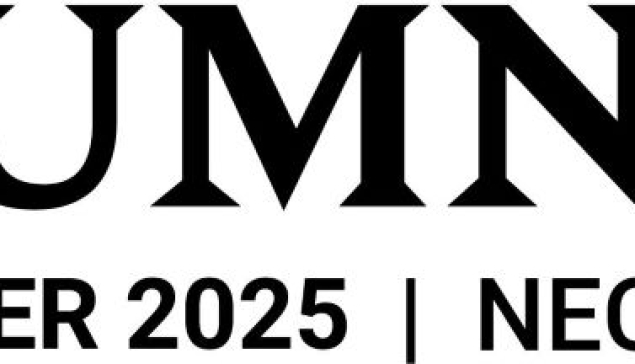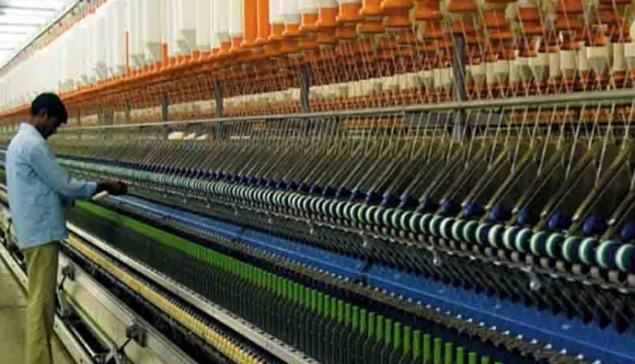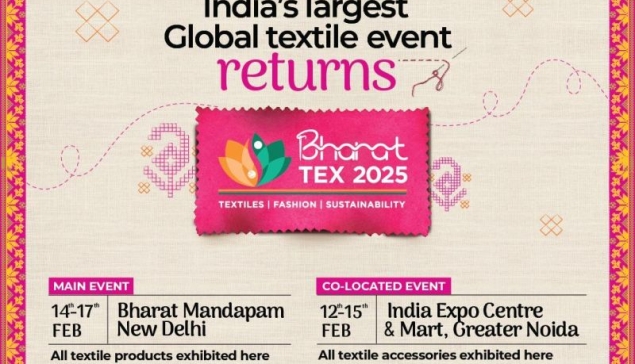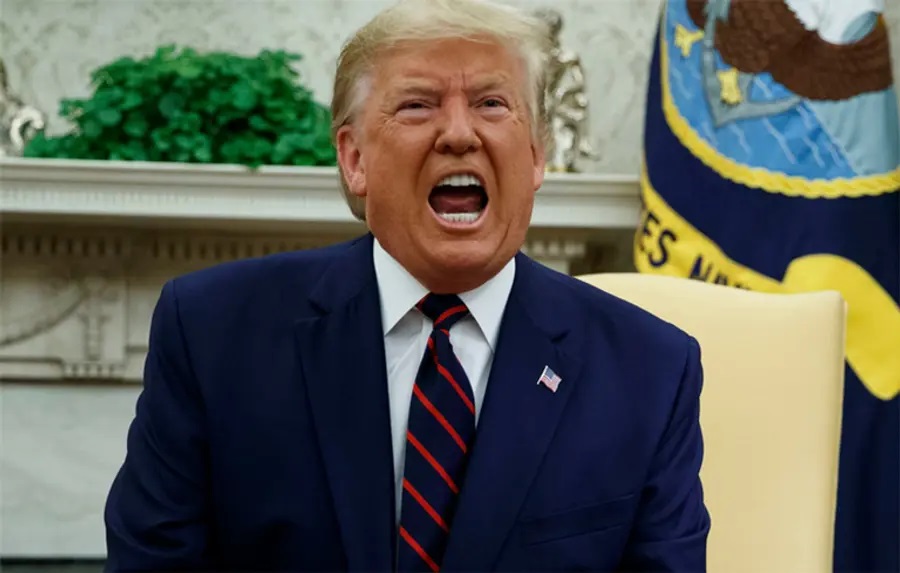The Trump administration announced hefty trade tariffs to be imposed on countries around the world. The high percentages imposed on US imports from garment-producing countries such as Cambodia, Bangladesh, Sri Lanka, Indonesia, Lesotho, and Vietnam mean that garment production will be heavily affected by these measures.
The Clean Clothes Campaign network calls upon US and global garment companies to ensure that the costs for these new policies are not offloaded on those that can least afford it, the workers, and instead to absorb costs themselves rather than pushing them down the supply chain.
All companies across the garment supply chain should ensure not to repeat the mistakes of the Covid pandemic, when global garment companies’ knee-jerk responses to adversity solely prioritized the company’s profitability and financially devastated millions of workers already employed on poverty wages.
In many of the countries where high tariffs have been announced, such as Cambodia, Sri Lanka, and Bangladesh, workers are already paid on below-subsistence levels and have no savings to fall back on.
Any renewed attempt of companies to offload costs on workers by lowering prices paid for products, cutting wages, increasing unpaid overtime, or endangering jobs by relocating production will leave workers cutting meals and increasing their debts.
The garment sectors in these countries are dominated by major cash-rich US or globally active companies such as Victoria’s Secret (2024 revenue 6.2 billion USD), Levi’s (6.4 billion USD), PVH (Calvin Klein) (8.7 billion USD), Gap (15.1 billion USD), or Nike (51.4 billion USD).
Join our group
Additionally, many factories in affected countries are owned by wealthy factory groups operating throughout South and Southeast Asia, such as the Sri Lanka-based but globally active Mas Holdings, worth close to 800 million USD. Any additional costs caused by the US tariff policy should be absorbed by these companies rather than offloaded further down the supply chain.
Already, the first signs of the reflex to offload costs down the supply chain and to misuse the situation to cut costs and roll back labour rights have been visible. Brands at the top of supply chains, such as Gap, Walmart, and Levi’s, have reportedly already started to demand reduced pricing or urged suppliers to carry the burden of the tariffs in its entirety.
As current pricing is already insufficient to guarantee workers living wages and decent working conditions, it is clear where the price for such forced discounts eventually will be paid: by the workers.
Also, employer federations in several garment-producing regions have already started threatening repercussions and have fallen into the trap of fostering regional competition. Under the threat that jobs will be relocating to other countries less affected by the tariffs, cuts on wages and increased working hours are suggested. It is important that workers in garment-producing countries stand together in a shared approach to address this issue.
Several countries affected by the tariffs, such as Cambodia, Sri Lanka, and Indonesia, have started to reach out to the Trump government to negotiate better terms. In Sri Lanka, a committee was already formed, but with only employers and government representatives in its ranks.
It is paramount that garment worker unions, as the prime representatives of those potentially most affected by the measures, have a seat at the table, especially where garment factory employers are already part of the discussion.

